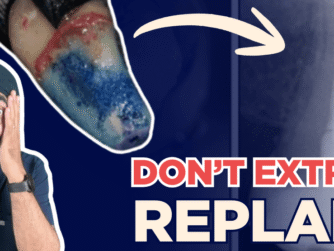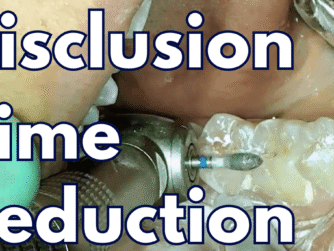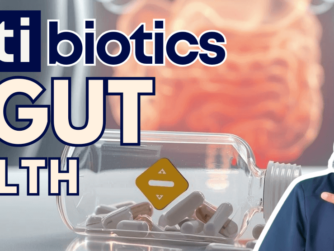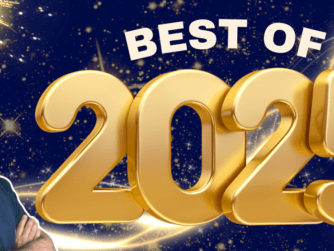Podcast: Play in new window | Download (Duration: 46:32 — 66.8MB)
As promised – the 2nd episode in a week specifically for new graduates looking to map out their career.
After last week’s episode on making a Dental Portfolio, this time we are joined by Dr. Ajay Dhunna, a soaring young dentist who graduated in 2018. Join us as we uncover his journey from dental school to becoming an associate, and gain valuable insights on how to excel in your dental career.
Communication and collaboration are crucial aspects of dentistry, and Dr. Dhunna emphasises their significance. We look at the value of shadowing clinicians in different areas of dentistry, attending conferences, and networking events – discover how these interactions can sharpen your language and communication skills!
Work-life balance and well-being are essential for a successful dental career. Dr. Dhunna and Jaz discuss practical strategies for managing stress, taking breaks, and maintaining a healthy personal life.
Learn from his experiences and gain valuable tips on reflection, communication, dental photography, career development, and work-life balance.
Here are some resources we promised:
An Introduction to Dental Photography
Trinity Dental Courses
Need to Read it? Check out the Full Episode Transcript below!
Highlights of the episode:
01:12 An introduction to Dr. Ajay Dhunna
06:46 Going from a newbie dentist to an associate
08:28 Reflection and the importance of clinical photos
09:10 Attending courses
12:09 Photography and setup
18:41 Communication
26:43 Planning your next career move
33:37 Being proactive and portfolio presentation
38:40 Maintaining your personal life and managing stress
42:50 Trinity Dental Courses
If you enjoyed this episode, you will love Not Your Average Young Dentist Journey
Did you know? You can get CPD from the Web App or Phone App and watch premium clinical videos, for less than a tax deductible Nando’s per month?







